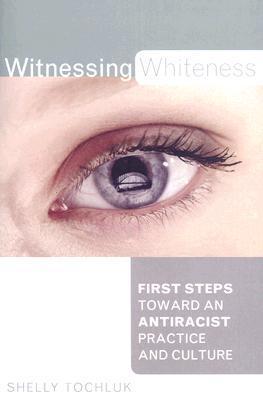What do you think?
Rate this book


354 pages, Paperback
Published November 16, 2007
"One criticism involves the tendency to use the noun “ally” as a label. Some argue that the term can be taken to mean that once someone achieves the status of an ally that the person has reached a sufficient level of consciousness across the board and can discontinue internal work. For this reason, I tend to speak of doing effective ally work as opposed to becoming an ally."